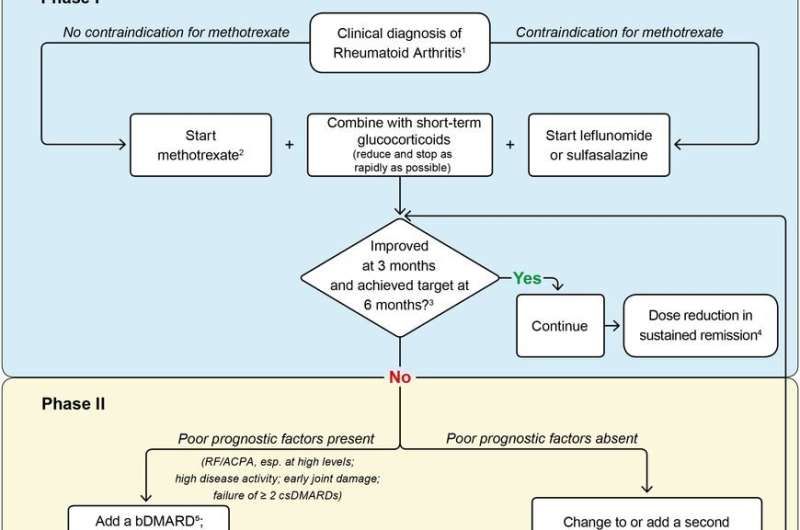Arthritis is a common condition that affects millions of people worldwide. It is characterized by inflammation and stiffness in the joints, which can cause pain and disability. Fortunately, there have been significant advancements in the field of arthritis management in recent years. From innovative treatments to cutting-edge technology, there are now more options available than ever before for those who suffer from this debilitating condition.
Medication
One of the most common forms of treatment for arthritis is medication. Over the years, there have been several new drugs developed specifically for managing the symptoms of arthritis. These medications can help reduce inflammation, alleviate pain, and slow the progression of the disease. Some of the most popular medications for arthritis include nonsteroidal anti-inflammatory drugs (NSAIDs), disease-modifying antirheumatic drugs (DMARDs), and biologics.
Physical Therapy
In addition to medication, physical therapy is also an important part of arthritis management. Physical therapy can help improve strength, flexibility, and range of motion in the affected joints. Therapists can also teach patients exercises and techniques to help manage their symptoms and prevent further damage to the joints. The latest advancements in physical therapy for arthritis include the use of specialized equipment such as ultrasound and electrical stimulation to help reduce pain and inflammation.
Exercise
Regular exercise is crucial for managing arthritis symptoms. Not only does exercise help improve joint function and reduce stiffness, but it can also help control weight and increase overall strength and flexibility. Some of the best forms of exercise for arthritis patients include low-impact activities such as swimming, cycling, and yoga. The latest trends in arthritis exercise include high-intensity interval training (HIIT) and virtual reality workouts, which can help make exercise more engaging and effective for patients.
Diet and Nutrition
Diet and nutrition play a key role in arthritis management. Certain foods can help reduce inflammation and improve joint health, while others can exacerbate symptoms and worsen the condition. The latest research in arthritis nutrition focuses on the benefits of anti-inflammatory foods such as fatty fish, nuts, and leafy greens. Some studies have also shown a link between gut health and arthritis, leading to the rise of probiotics and other supplements as potential treatments for the condition.
Technology
Technology has revolutionized the way we manage arthritis. From wearable devices that track movement and activity levels to smartphone apps that provide personalized exercise routines and medication reminders, there are now more tools available than ever before to help arthritis patients take control of their condition. Some of the latest advancements in arthritis technology include virtual reality therapy, which uses immersive experiences to distract and relax patients during painful flare-ups, and telemedicine, which allows patients to consult with healthcare providers remotely.
Surgery
For some arthritis patients, surgery may be necessary to relieve pain and improve joint function. Advances in surgical techniques, such as minimally invasive procedures and robotic-assisted surgery, have made joint replacement surgeries safer and more effective than ever before. Some of the most common types of arthritis surgeries include total knee replacement, hip replacement, and wrist fusion. The latest developments in arthritis surgery focus on personalized implants and techniques to help improve outcomes and reduce recovery times for patients.
Conclusion
In conclusion, the field of arthritis management has come a long way in recent years thanks to advancements in medication, physical therapy, exercise, diet and nutrition, technology, and surgery. With so many options available, arthritis patients are now better equipped than ever to manage their symptoms and improve their quality of life. By staying informed on the latest developments in arthritis management, patients and healthcare providers can work together to create personalized treatment plans that address the unique needs of each individual.
